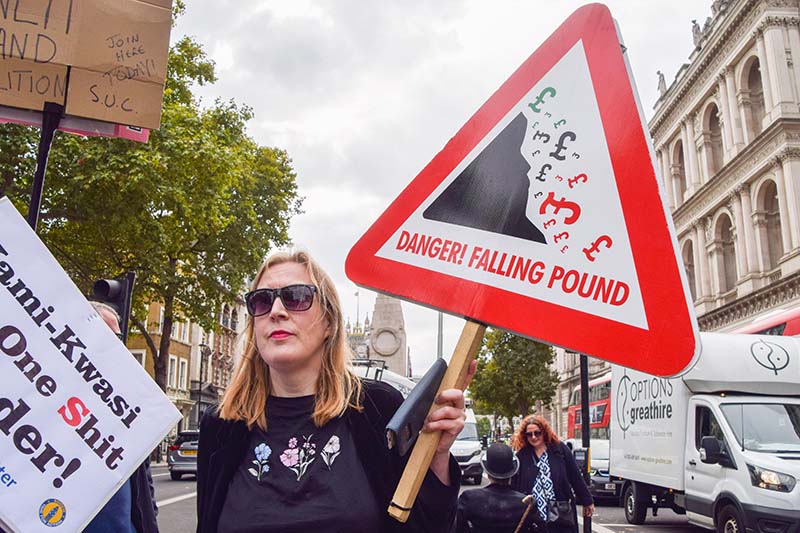We have all been surrounded by compulsory background music for years now, so long that we are beginning to see the pendulum swinging back. Some shops and some shopping centres are making a virtue of turning the background music off for a couple of hours once or twice a week. This is meant to be for the benefit of people with autism, but I think many other people are probably also grateful, and I am one of them. (Possibly just undiagnosed.)
The concept of background music goes back as far as cave dwelling, I imagine. The first music was probably lullabies, an interesting example of background music, or music with a purpose that is not just itself. Then as soon as you put a group together in a closed space, somebody’s going to start humming or drumming and others will join in. That’s music for some purpose – enjoyment, distraction, and later ritual, and then there are going to be people not paying attention to it but carrying on with scraping hides or sharpening sticks, so for them it’s background music. Some sort of music seems to be as fundamental as language for humans, so music developed into lots of different areas and styles, but it’s always there. Moving on large numbers of centuries in a single sweep, rich and powerful people later had musicians on their staff to play at meals or for special occasions, just as many events now will have a string quartet in a corner. I always feel sorry for the musicians if no one seems to be listening. But the real growth in not-home-produced background music dates from the 1920s and 1930s, when the technology was developed to pipe sound into spaces like hotels, lifts and conference centres.
The idea of background music took off. It developed into something slightly more sinister with inspirational music which sped up at different times of the days to make factory workers more productive. This was all happening in the US; here in the UK, we settled for BBC radio programmes of popular hits called “Music While You Work”, which sounds relentlessly jolly. The point about the US version was that you didn’t need a radio, you could just pipe the music like gas or water and make it accessible anywhere with nothing but a speaker (sometimes hidden among the stems in a plant, hence “potted palm music”). There were no visible musicians, so no one paid much attention, or even noticed specifically that it was playing.
But music has so much effect on us, both mentally and physically, that being in a position to choose the music for other people is an awesome power. Shops play upbeat music because they can demonstrate that it improves sales. At the most basic level, people simply walk more quickly when quicker music is played. Even if they aren’t specifically listening, they are affected by what they hear subliminally. Jacques Tati uses this to comic effect in more than one of his films, and the reason it’s amusing is because we all recognise its truth.
Music is more than background, and even if we think it’s negligible, it may be having an effect on us. I have been thinking a lot about this recently, because the piped music played at my swimming pool is so dire. The original background music was designed to be easy-listening versions of popular tunes, played on synthesizers and electronically. This meant you didn’t need to worry about copyrights, interpretation or any kind of reaction; it was cheap or free; it was not intended to have a major effect, just create a calm ambience. Someone compared it to amniotic fluid, something we all just float in without really noticing.
I have to say that this is not my experience. The music loop that my doctor’s surgery plays on the phone, presumably to stop me noticing how long I am waiting, drives me to fury; the loop is too brief, absolutely predictable and never resolves. It’s like a nightmare. The music by the pool is a sequence of very long pieces of music which just repeat a short bass line continually but don’t develop any musical idea at all. I can’t help listening; I don’t swim fast enough to blank it out with splashes, so I simply get crosser and crosser and it stops me thinking of anything else.
I mentioned it to someone else in the changing room. She said she had been trying to meditate in the sauna (I was very impressed), but had been unable because the music made her feel so anxious. I tried asking a few other people; no one had a good word for the music, though I have to admit most people weren’t as rude about it as I was later at home. Of course tastes differ and I’m not expecting it to be tailored to me, but occasionally I fantasise about what I would put on a playlist. Handel’s Water Music, obviously; Dowland’s Lacrimae; Gibbons’ Drop, drop slow tears; Debussy La Mer; as always, anything by Bach (the dear man’s name even means “brook”); and some whale song? But I’d happily settle for the Beach Boys. There’s nothing wrong with repetition per se; I love Pachelbel’s Canon and the music tradition of variations “upon a ground” but that’s repetition with variation, development, humour and wit, not just three or four chords played repeatedly and somehow pompously, over and over again.
I think it’s the insistence of the rhythms and the lack of resolution which are most annoying, but another problematic element is that so much of it has no real instruments, no human voices; all technology, because that’s easy to sample and repeat into a constant throb. But constant throbs have an effect on people, and it’s not good. Insistent music can be used to torture people or drive them mad; music therapy can bring enormous advantages to lots of people, including sufferers from Alzheimer’s, but ordinary choosers of music need to be aware of how much is at stake.
My lady from the sauna says that she regularly feels more angry after a session with the compulsory music, which is not good. Think about film music: we know when to start feel scared or anxious because the music makes us feel that way. A good film score is integral to the film; it can represent safety, anger, fear, comfort, tension or anything else, in a way which instantly affects our brains and their perception of what they are seeing on screen. The Star Wars and Lord of the Rings films show how important the music can be to heighten atmosphere, to terrify or to reassure. The originators of background music did some research on the effect their product had and then tried to use it positively, but nowadays a lot of piped music is simply chosen by someone who likes it without regard to the effect it may have on another listener. The throbbing techno insistence of the music I hate obviously appealed very much to somebody, but I’m the one having to listen to it.
It’s made me even more aware of how important music choices are in any situation where the audience/congregation/listener has no ability to turn the soundtrack off (effectively everywhere except our own homes). Inside the proverbial lift, you resign yourself to the music because you aren’t going to be there for long, and a lot of lifts now just have an electronic voice naming the floors as you go. But in a church, for example, you are there for the duration of the service, and I think (if I’m choosing the music) that I need to be careful of the effect it has. Above all, this means including some silence. I don’t mean not having some organ doodles if you run out of hymn verses while people are still queueing for Communion, but once everyone is sitting peacefully and we can have a prayerful pause. Not just people not singing, but no background instrumental music either; what is left after the end of singing about silence. Or God’s peace, you might call it. If children are talking or singing, that’s the chorus of angels. It’s easier to hear a still, small voice if you leave it a bit of space.
This is why I don’t like extended introductions either. The singing at Mass has a clear liturgical function. We do it to praise God, and we do it together as an expression of our common purpose; singing shows that we mean what we are doing, because it involves more physical effort than speaking, another reason why everyone needs to join in. We do it as beautifully as we can, because he deserves the best that we can do. We choose the words and music carefully. We don’t deliberately choose things that people don’t know unless we’re planning to learn them. We don’t sing anything, either Latin or Kumbaya, just to make a point. Music is a powerful tool but a very bad weapon if it’s used against you (think of Jericho). We need to leave spaces between the music, so that people can feel the silence, especially before Mass and after Communion, because not everyone wants to hear music all the time.
I’ve had a conversation with the manager at my pool. It was cordial, with a lot of agreement. Some of the music has changed, and it has been turned down as well. He’s agreed to think about occasional periods of silence, because apparently other people have also mentioned that they like being able to hear the noise the water makes, all on its own. Me too.
Kate Keefe composes musical settings for the Mass and writes about the psalms. You can follow her on Facebook, Twitter and LinkedIn .



 Loading ...
Loading ...
What do you think?
You can post as a subscriber user ...
User comments (0)